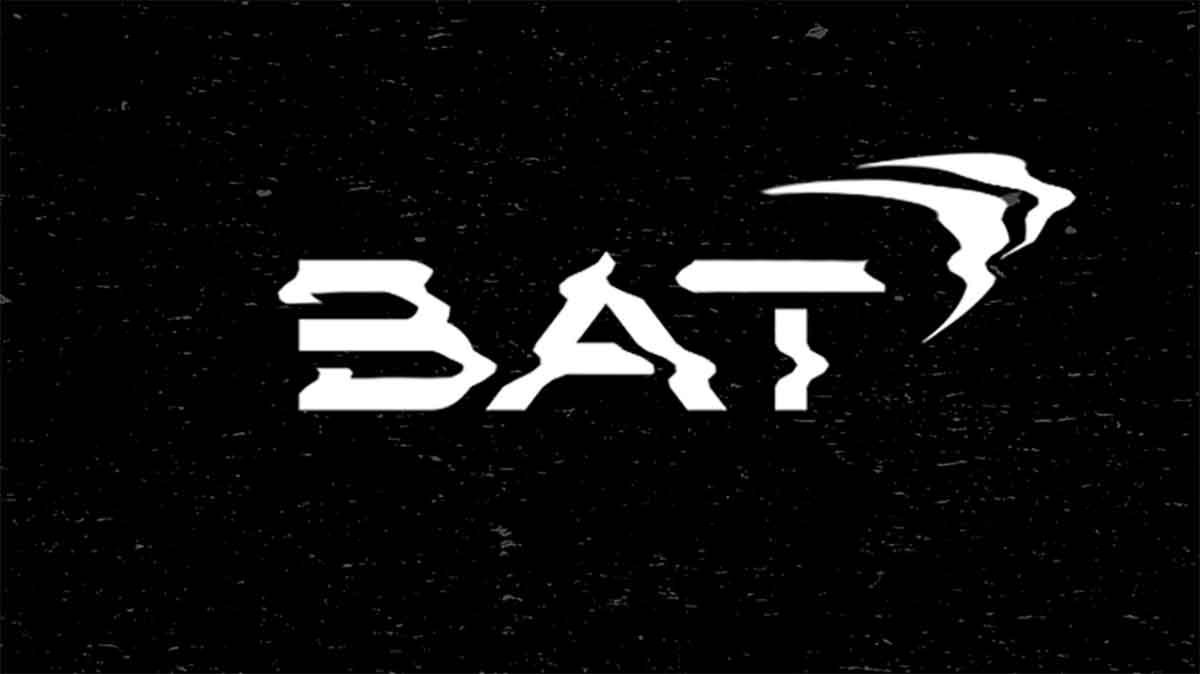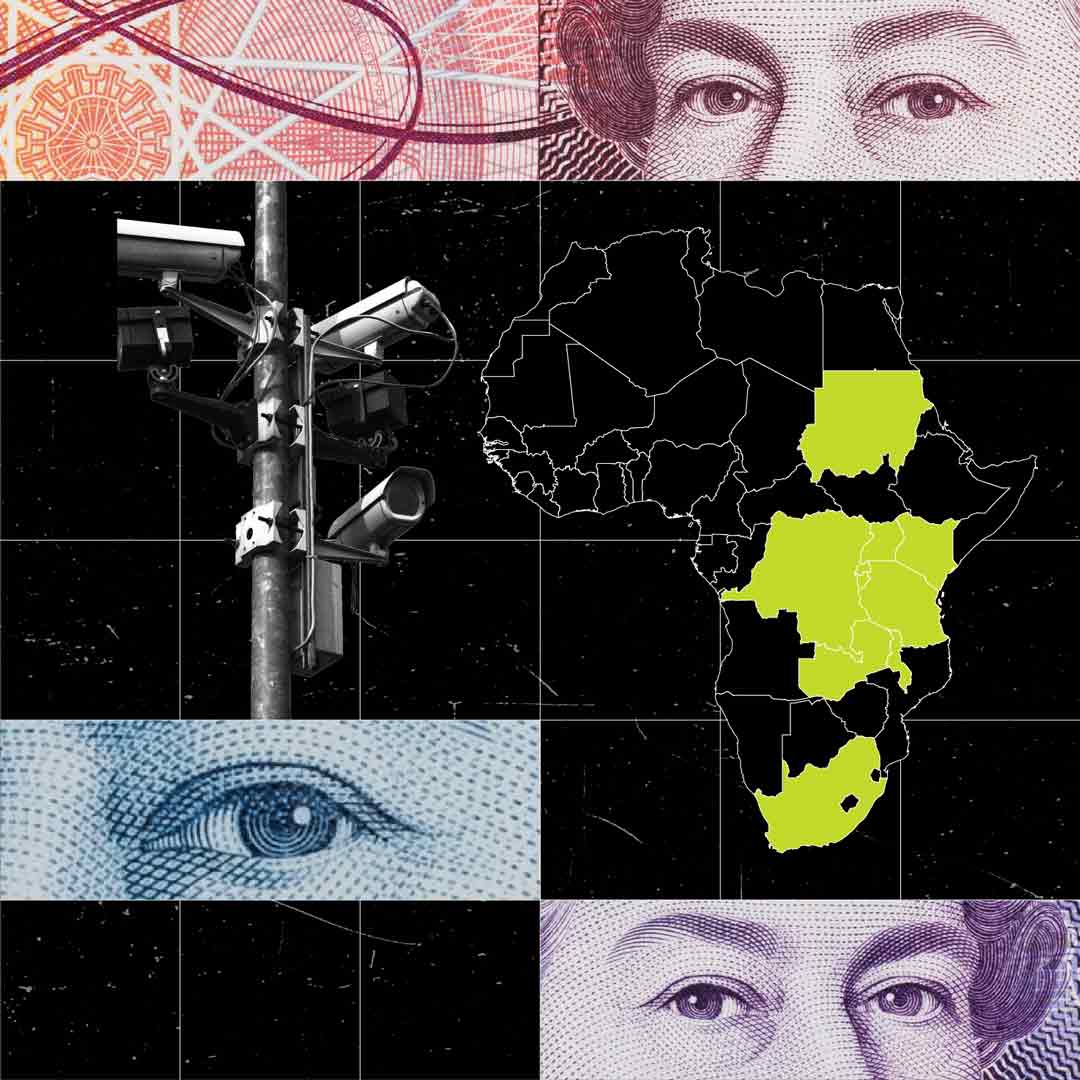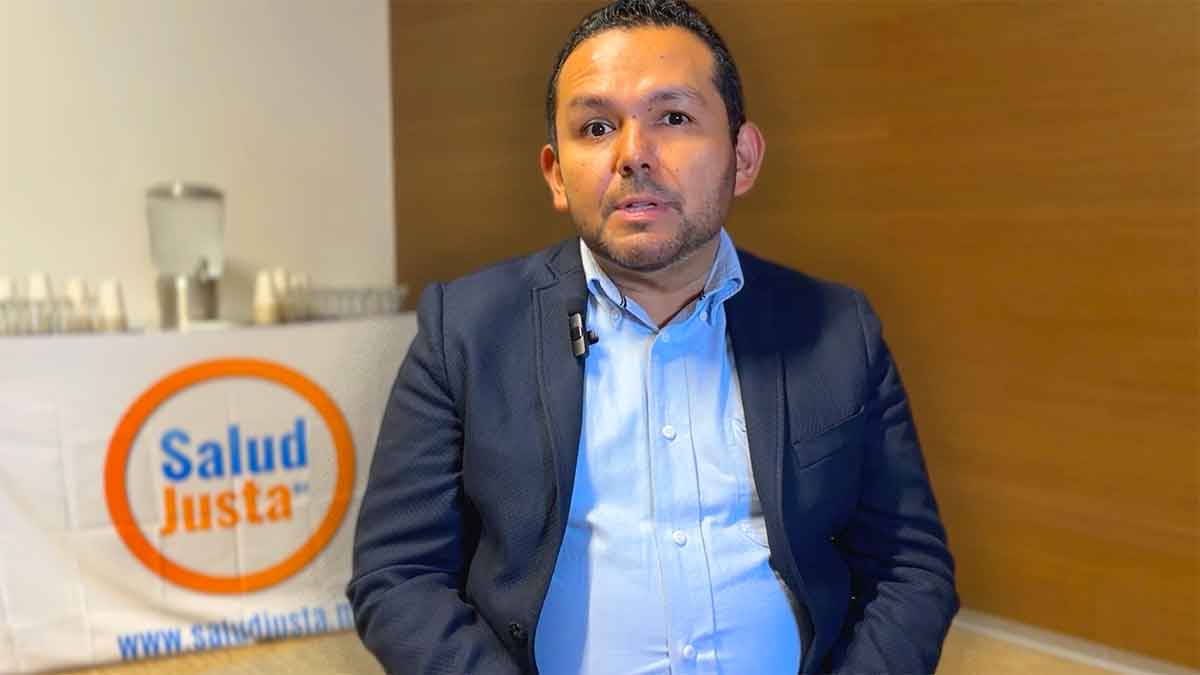- Resources
- News
-
-
Get Email Updates
Sign up for STOP's emails and never miss an update on our latest work and the tobacco industry's activity.
-
Get Funding
Ready to tackle industry interference? You could be eligible for a grant.
-
Share a Tip
Do you have information on tobacco industry misconduct in your country? Let us know.
-
Get Email Updates
Sabotaging Policy
July 26, 2024

After British American Tobacco (BAT) and other cigarette companies were caught smuggling products into Iran, BAT signed agreements in 2002 to fight illegal trade and sell its products legitimately—but internal documents suggest the tobacco giant faltered on its promise.
Researchers at the University of Bath, a partner in STOP, reviewed documents from 2000-2014, leaked by a former employee, and found BAT:
- pursued an anti-illicit trade strategy more focused on reputation and enterprise than controlling its supply chain;
- conducted business in free-trade zones associated with smuggling;
- and urged authorities to target competitors.
The findings are notable considering this would not be the first time BAT was caught operating in a market subject to international sanctions.
Suspicious anti-smuggling strategy
Researchers found numerous suspicious activities that call BAT’s commitment to reducing illicit trade into question.
The company pressed authorities to address smuggling of its top competitors’ products, namely Marlboros and Korea Tobacco & Ginseng cigarettes, researchers learned. But in separate documents, BAT acknowledged its own products, particularly duty-free items, were diverted to Iraq and Iran.
BAT at least appeared focused on stemming some illegal trade—when it came to counterfeits.
Tobacco companies commonly claim counterfeits and dubiously manufactured unbranded cigarettes, known as “cheap whites,” compose most illicit trade, steering attention away from their own potential involvement in smuggling, researchers found. But even industry studies show tobacco companies’ products “account for the largest category of illicit consumption.”
BAT’s figures show counterfeits accounted for 3% of illicit sales in 2009, where BAT’s actual products made up 7%.
Focus on the latter was less rigorous. After a 2014 investigation found BAT oversupplied low-tax Western European markets (resulting in a £650,000 fine), British customs officials alleged BAT neither investigated smuggling nor considered the flow of illegal cigarettes into the UK “an area of legitimate concern.”
Additionally, despite the World Health Organization suggesting BAT used Iran’s Kish Island as a “channel for smuggling” in the 1990s, the company continued working with a conglomerate in another free-trade zone after the 2002 agreement, documents show. The U.S. imposed sanctions on the conglomerate in 2014, and BAT sold its Iranian business in 2021, bemoaning the hurdles of operating in the country.
“BAT failed to put in place effective internal measures to control its own supply chain,” including a track-and-trace system to combat smuggling, researchers said.

BAT’s figures show counterfeits accounted for 3% of illicit sales in 2009, where BAT’s actual products made up 7%.
Parallels to past operations in sanctions-hit nations
This is not the first time BAT has been scrutinized since the original revelations in 2001. A campaign to subvert North Korea sanctions may provide insights into BAT’s Iranian business.
The company announced it was exiting North Korea in 2007, after the UN Security Council and several nations handed down sanctions. Authorities found, however, BAT “maintained control over all relevant aspects” of its business there for another decade.
North Korean front companies obscured connections from U.S. banks, processing $415 million in banking transactions, which a Singaporean company passed on to BAT, the U.S. Justice Department said. BAT agreed last year to pay more than $635 million to resolve bank fraud and sanctions charges.
BAT understood the sanctions risks, especially in Iran. A 2019 report warned of potential consequences for operating in Cuba and Iran, while BAT repeatedly cited the “political risk” in Iran, declaring it was difficult to predict disruptions and financial losses, researchers discovered.
The company has experience navigating sanctions:
- After the 2022 Ukraine invasion, BAT said it would leave Russia—but continued operating there for 18 months.
- Following elections deemed fraudulent, BAT said in 2002 it was no longer partnering with a Belarusian manufacturer, only to continue producing cigarettes there for two years.
- It took years after Myanmar’s crackdown on Rohingya Muslims—and months after a deadly military coup—for BAT to announce it was leaving in October 2021.
One-off, or part of a wider pattern?
Of the North Korea penalties, then-company CEO Jack Bowles said he regretted BAT’s “misconduct,” insisting BAT prioritized following “rigorous compliance and ethics standards.”
Yet years after BAT’s problematic activity in North Korea, Iranian distribution, manufacturing, banking and shipping entities key to BAT’s business operations faced sanctions. And while WHO’s Framework Convention on Tobacco Control, which Iran adopted in 2006, encourages governments to eliminate industry interference in policymaking, a 2010 BAT memo says its subsidiaries did no such thing.
They instead undertook “systematic engagement” with government officials regulating tobacco and outlined efforts to host a conference and assist with intelligence gathering and seizures.
The company’s “engagement” appears more akin to lobbying, targeting competitors or, as one internal BAT memo put it, “concentrated efforts on reputation.” As BAT ramped up engagement, Iranian taxes fell, ostensibly to mitigate smuggling. It’s unclear if BAT facilitated tax cuts, “but this would be consistent with industry strategy,” researchers said.
As one Iranian analyst alleged: American tobacco companies seek to maximize profits in the Islamic republic largely via “illicit practices.”
It all warrants deeper investigation, Bath researchers say, but it appears, once again, that decades of research, documents and testimony demonstrate BAT simply can’t be trusted.




